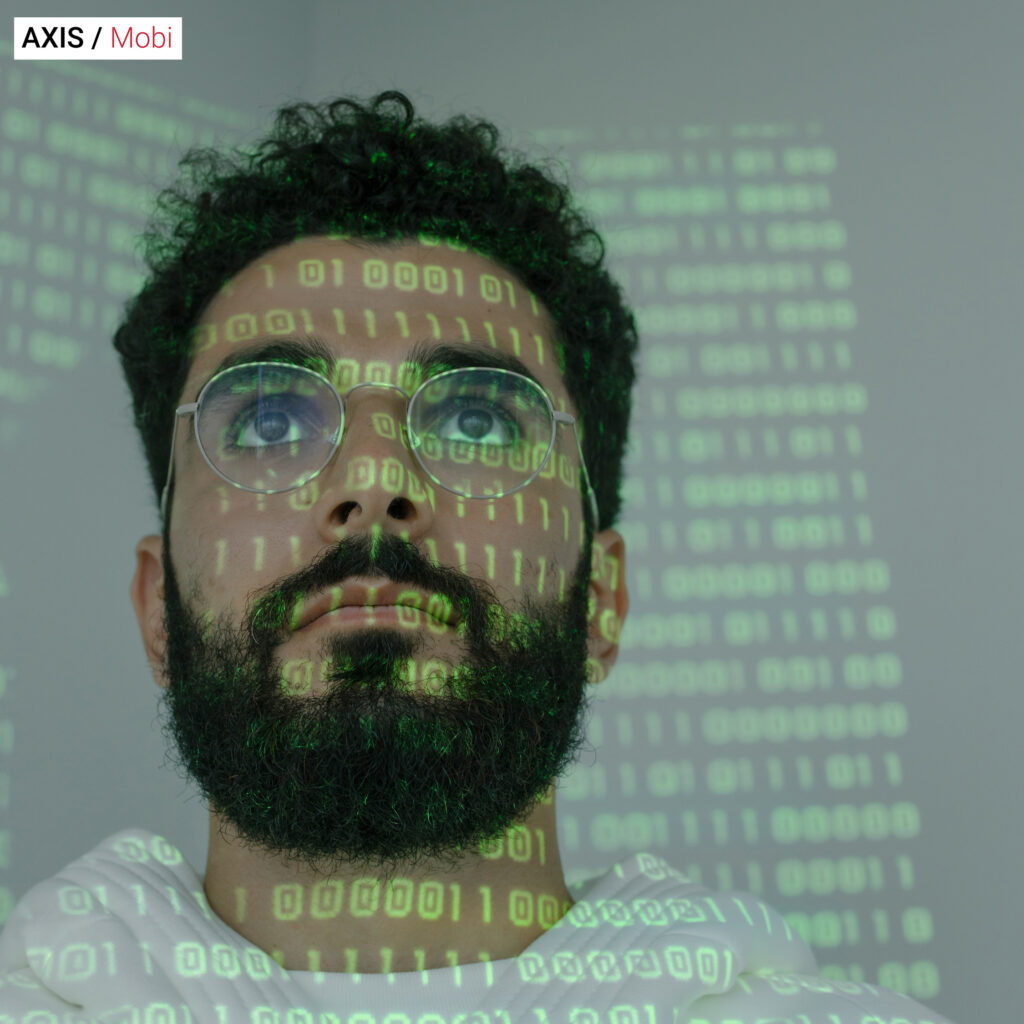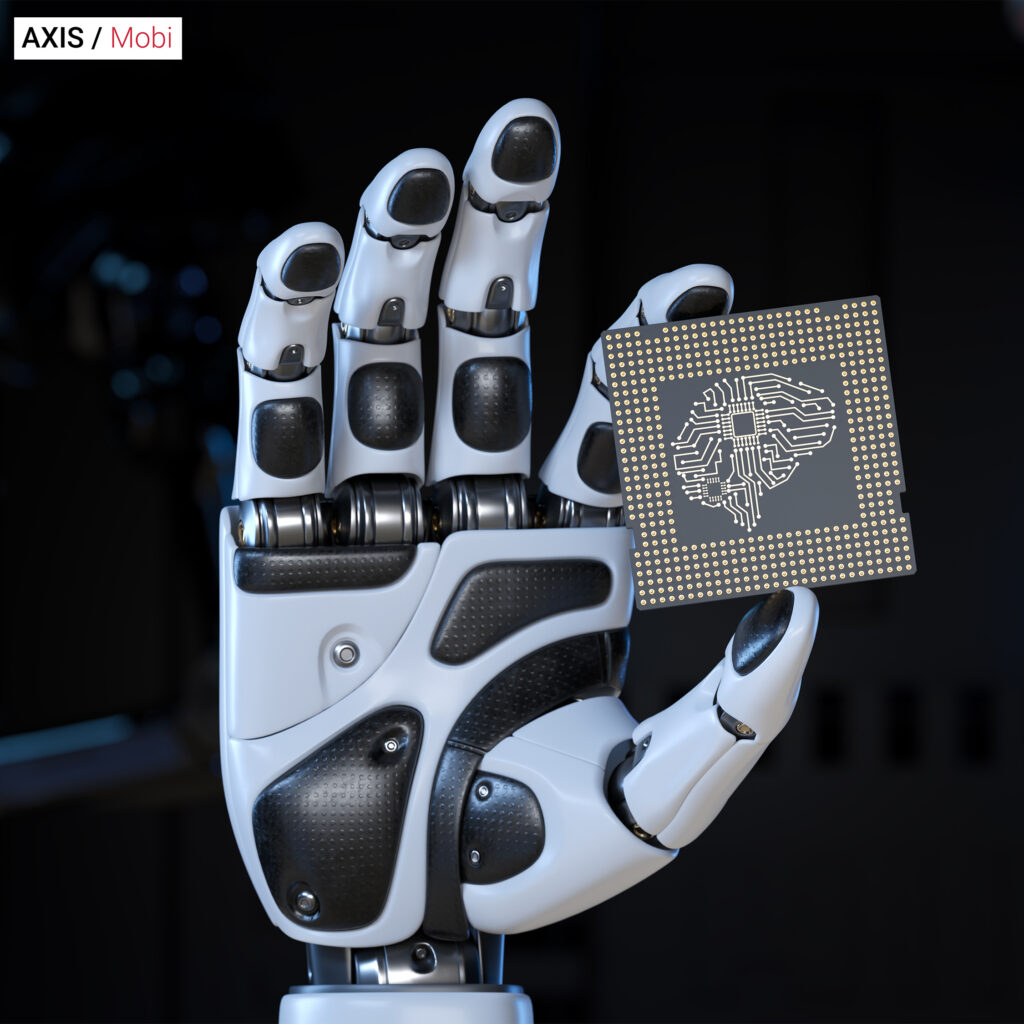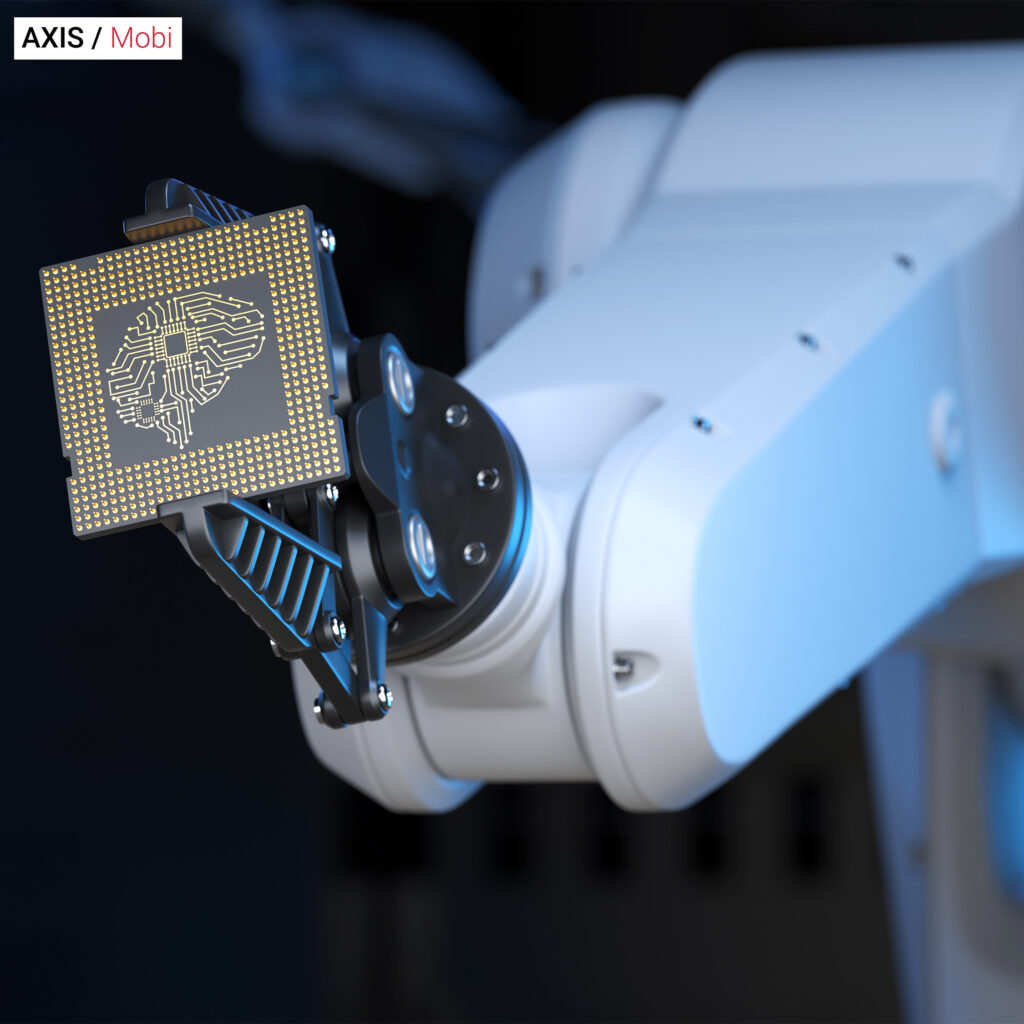We examine how we may implement governance into AI models, create transparency, and include morality into our Artificial Intelligence models to guarantee that it is genuinely ethical.
Socrates, the Greek philosopher, contends that we all want the good but fail to attain it due to ignorance or a lack of information about how to get what is good. His idea was only concerned with human consciousness. However, as artificial intelligence matures and becomes more complicated, we might use the same idea to argue against it.
AI systems are frequently branded as discriminatory and immoral. On the other hand, data scientists rarely do this on purpose. Biases often seep into the system without anybody noticing. As Socrates would put it, it is thus ignorance, or a lack of knowledge, that prevents the systems from achieving the good.
The Model Dilemma in Ethical AI:
AI is a tool like any other; it is not necessarily good or evil; the actors and intentions matter here. AI is assisting in healthcare and governance to better people’s lives. It is also used online for cheating, counterfeiting, inciting dissension, and sophisticated offensive weaponry.
Building AI with ethics is a pressing issue now more than ever since it is used in many industries. Companies are not only utilizing it to sell their goods, but they are also using it in risk-sensitive sectors. The extent to which machine learning is being deployed in safety-critical applications has exacerbated ethical Artificial Intelligence concerns.
We didn’t have robots and software to make decisions back in 1976. There were no bots deciding whether or not I should be granted a loan. Over six decades since the famous trolley problem, an approach proposed by philosopher Phillipa Foot has remained unresolved. We haven’t solved this problem as humans, so how can we expect robots to comprehend it?
The increasing complexity of systems and processes in business and government and the number of our personal online and offline interactions all need Artificial Intelligence solutions for better management. As a result, ethics in AI are crucial.
While the answer to the question “What is ethical?” varies per sector, it often refers to privacy, morality, transparency, security, and solidarity. The ethics of Artificial Intelligence involve the AI’s deployment goal (healthcare or combat) and the AI’s decision-making fairness.
The company or government putting the technology to use is in charge of implementing Artificial Intelligence. It assists in improving people’s lives in healthcare and governance. It is also used online for cheating, counterfeiting, causing strife, and sophisticated offensive weaponry.
However, for humans to trust Artificial Intelligence and Machine Learning models, we must make them more ethical. While AI and machine learning are being used to bridge gaps in many industries, we do not trust these models enough to give them the authority to make life and death decisions.
Because AI decisions significantly impact people’s lives, enterprises must adopt a proactive approach to building Artificial Intelligence ethically. It is critical to design and deploys Artificial Intelligence models that are trustworthy, fair, and explainable.
The debate about ethics and responsible Artificial Intelligence is still in its early stages, and no one has a firm grasp on how to proceed. However, some best practices and considerations have always been to bear in mind while creating and implementing Artificial Intelligence and Machine Learning.
Organizations must use tried-and-true qualitative and quantitative methodologies to analyze possible dangers and reduce bias in Artificial Intelligence models.
Using the correct tools and methods to thoroughly and continually explore bias causes and understand the trade-offs and consequences of fair judgments.








